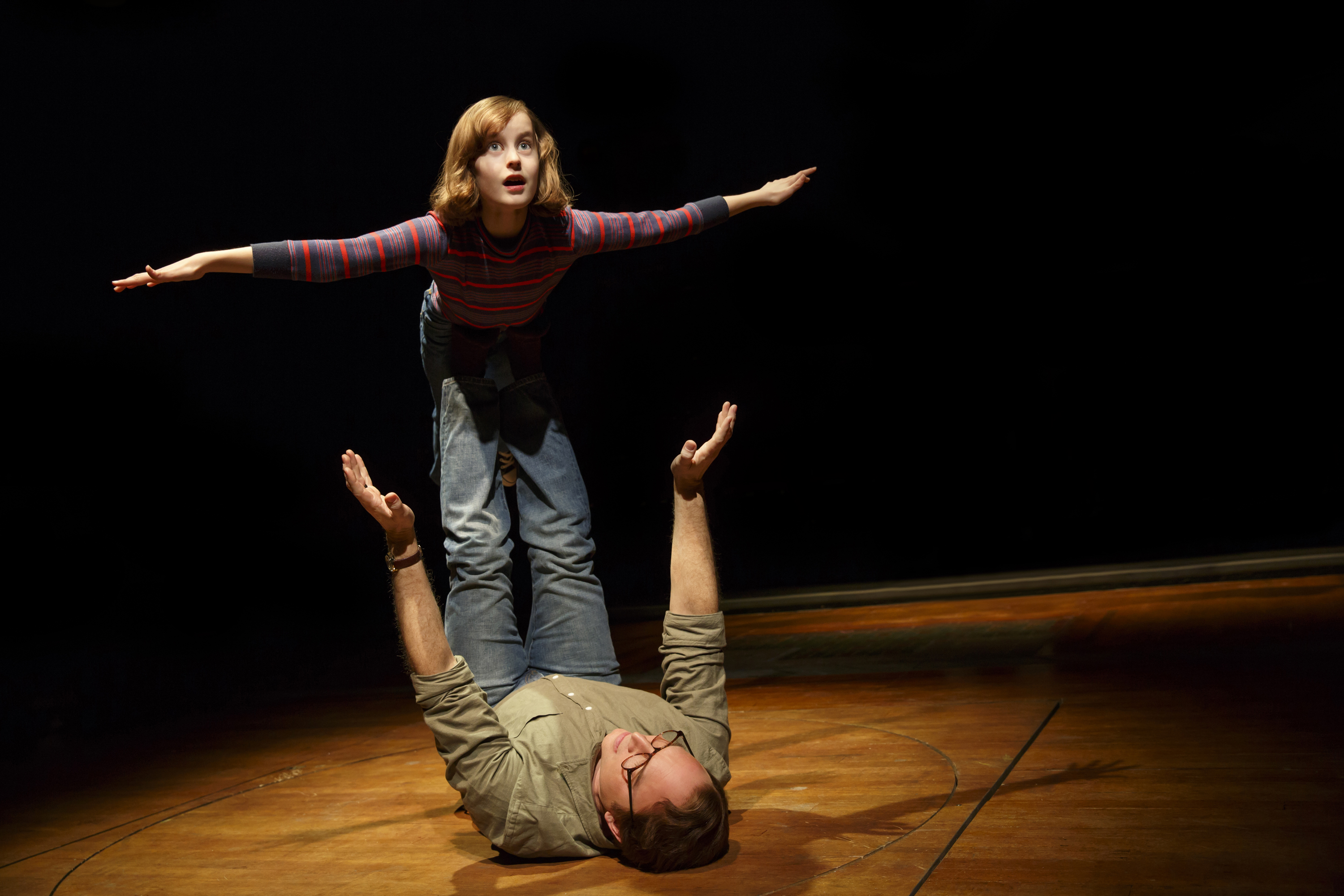I also saw more shows in NYC this year than in any previous year (seven). Here are the shows in order I saw them:
1. On the Twentieth Century
Very entertaining show - saw Kristen Chenoweth and Andy Karl in performances that earned them both Tony nominations. It also has the song Five Zeroes, which will be going on Broadway Economics soon.
2. Honeymoon in Vegas
Great show that unfortunately couldn't gain traction in NYC. Fortunately, the low demand meant we got 6th row seats for almost nothing by going through the "rush" tickets line. My kids got to meet Nancy Opel after the show. Also - The Airport Song is a great song illustrating price discrimination that is featured on Broadway Economics.
3. Something Rotten
Fantastic and hilarious show! Also has a couple songs featured on Broadway Economics (Welcome to the Renaissance and A Musical).
4. Fun Home
The show that won the Best Musical Tony in 2015 was quite good. Again, it features a song that is on Broadway Economics.
5. The King and I
What I found fascinating about this show, other than its outstanding quality, was that it was at the Lincoln Center. That theater's operational model seems quite different from many, as they rely on many donations. (And they get A LOT of big donations.) It shows with the casting - as The King and I had a large cast, which isn't cheap.
6. Spring Awakening
This was an all-deaf cast, which made for an interesting musical. I have a song how has hearing aids, so I really wanted to see this show. I'm not a big fan of the music or the story, for that matter. (Full of cliches about how mistreated kids ar
e ...) But the acting was pretty amazing. Seeing the acting in sign language, with a perfectly silent theater, was powerful and well worth the trip.
7. Dames at Sea
What else did I see this year?
1. Ham for Ham
My wife and I saw this performance of Ham for Ham. (And our family is going to Hamilton in February!)
2. Once, the Musical (on tour)
3. Matilda, the Musical (on tour)
4. You're a Good Man,Charlie Brown (local production)
My favorite show of the year! I might be biased, however, as my three kids all had roles.
5. The 25th Annual Putnam County Spelling Bee (local production)



















.jpg)


.jpg)



